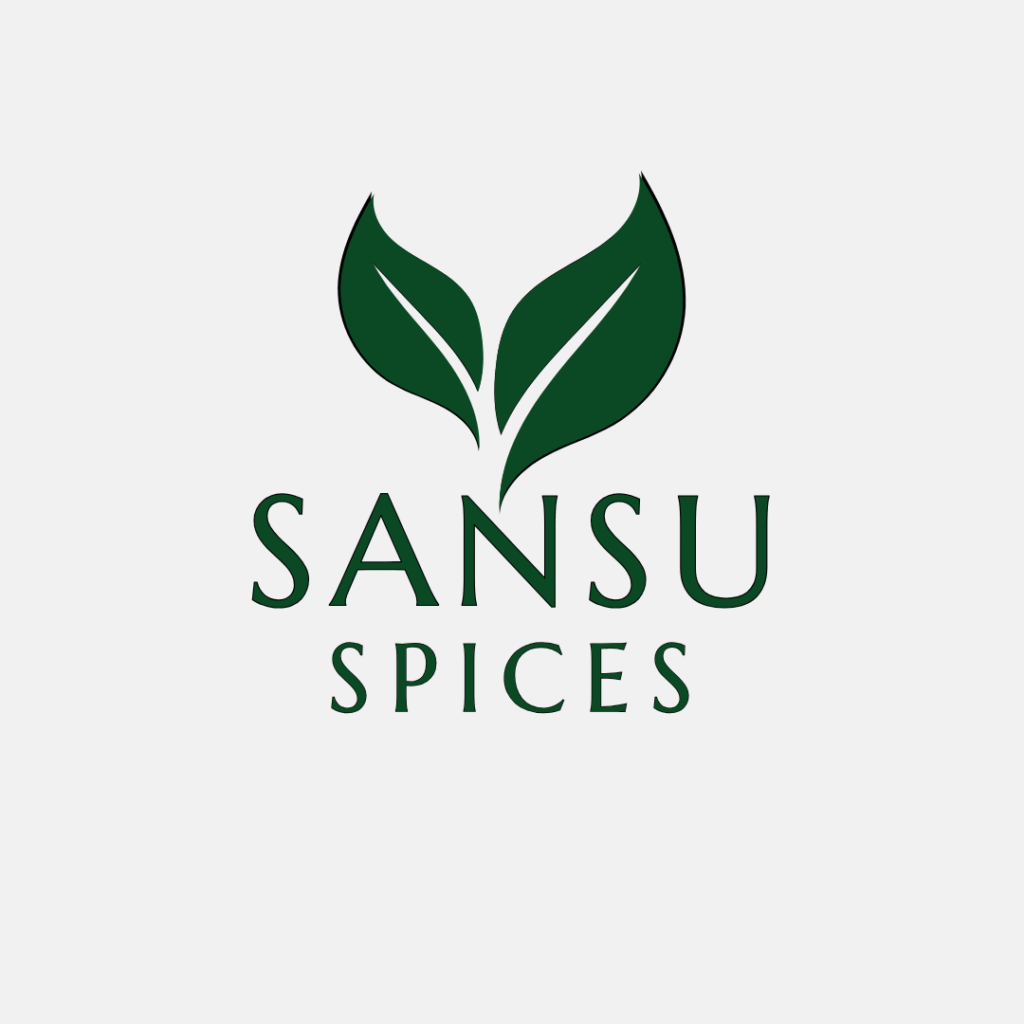How to check if a food product is really organic?
Really organic or just a label? In today’s World, it is very tough to determine the purity of any product, so How to check if food product is really organic? Today, every food packet is shouting out loud about their purity, organic, clean, and no additives tag, but are they for real? For a concerned citizen, it is very necessary to check the purity of the product they are going to consume or use, especially for those who are following a satvik lifestyle. If you are paying for it, you deserve to know what truly goes into your food.
But how to check if a food product is really organic, or they’re just pretending to be one?
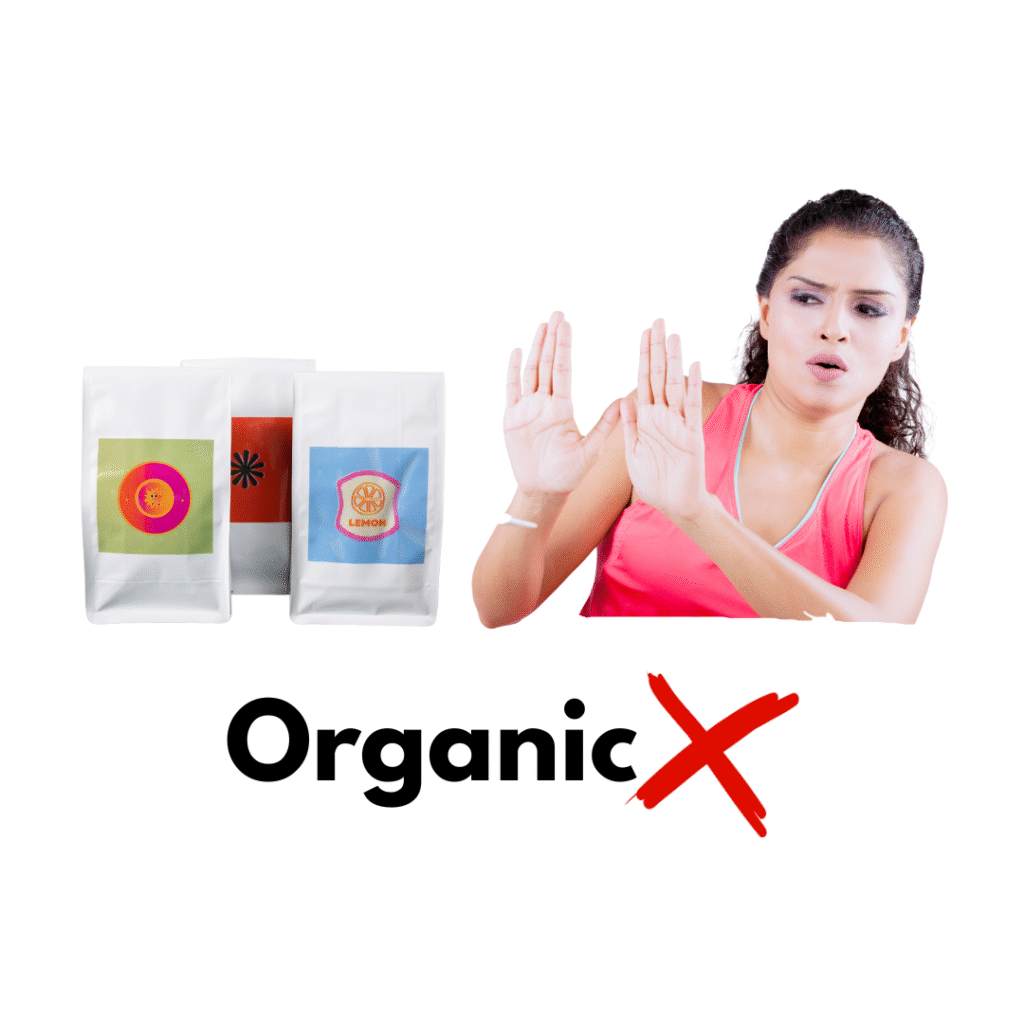
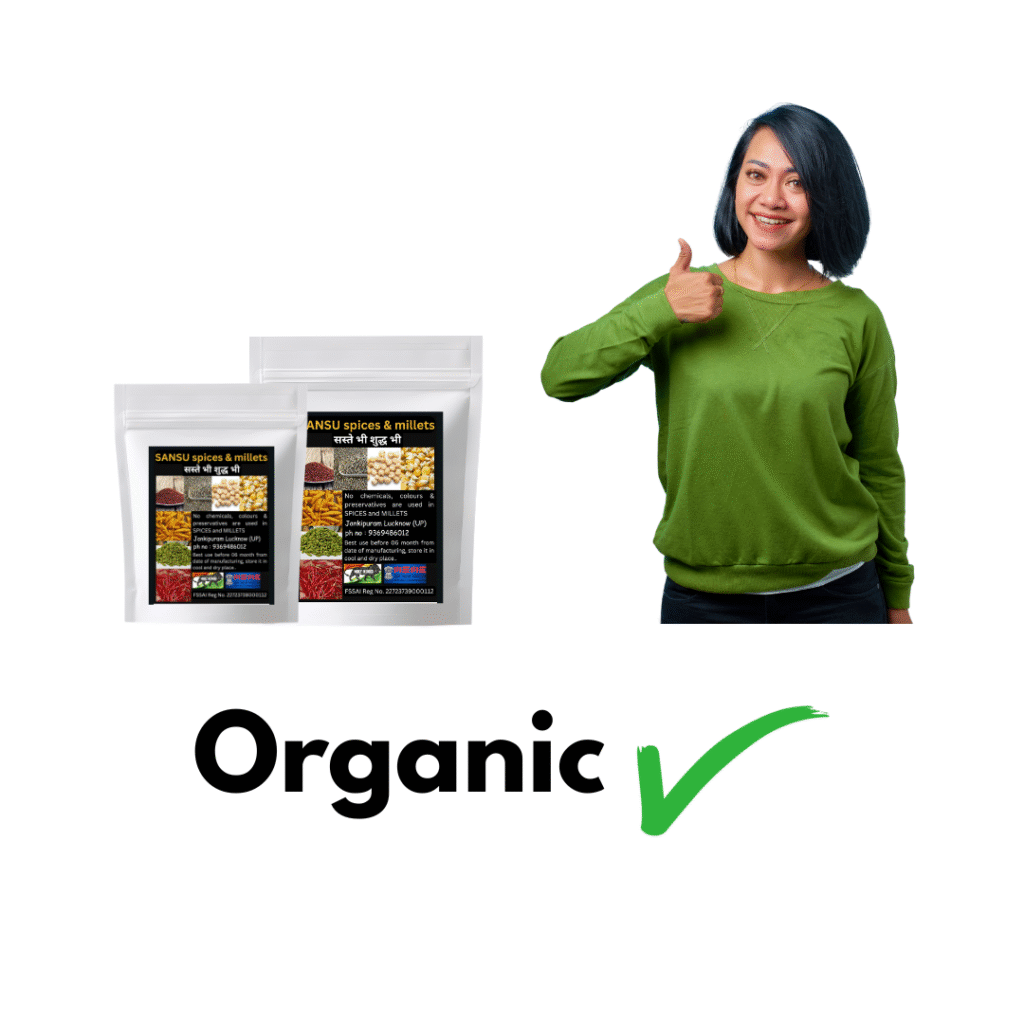


How to check if a food product is really organic? Even after they claim that the products are completely pure, you check these certain things and always play the safe.
1. Look for Official Organic Certification :
The most trusted and most reliable sign of any genuine organic product is its certification or its logo. In India, any of the certified organic products must carry one of these logos:
-India Organic :
This Logo is issued by the Agricultural and Processed Food Products Export Development Authority (APEDA) under the National Programme for Organic Production(NPOP), which sets the national standards for organic products. This logo signifies that the product or its ingredients have been produced with organic farming practices and are chemical-free.
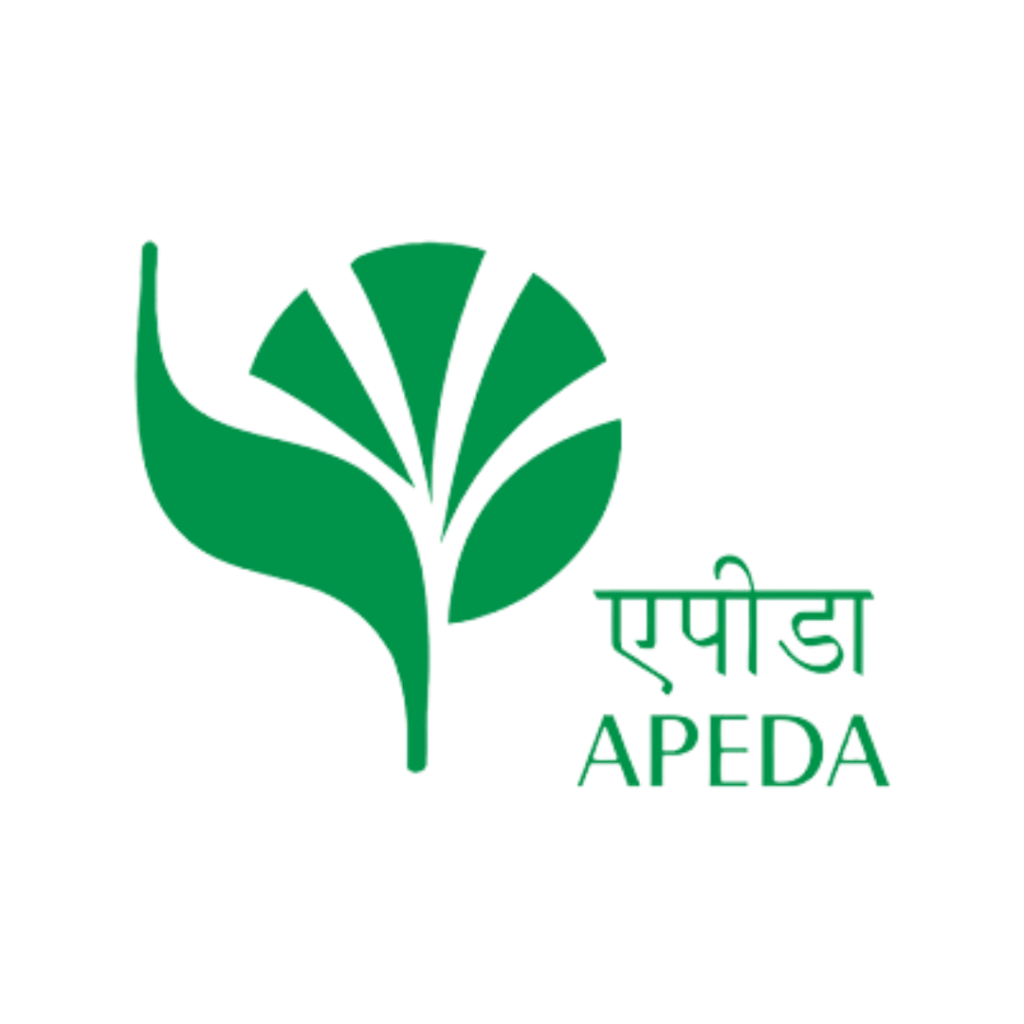
-India Organic :
This Logo is issued by the Agricultural and Processed Food Products Export Development Authority (APEDA) under the National Programme for Organic Production(NPOP), which sets the national standards for organic products. This logo signifies that the product or its ingredients have been produced with organic farming practices and are chemical-free.

-PGS-India :
PGS-India issued two distinct logos to indicate the status of Organic Farming.
1. PGS-India Green Logo :
This logo indicates that the organic farming is currently in the conversion period, or that the product is from those fields that are going through the conversion to organic fields.
2. PGS-India Organic Logo :
This logo indicates the complete organic farming status, meaning the conversion period has been completed.
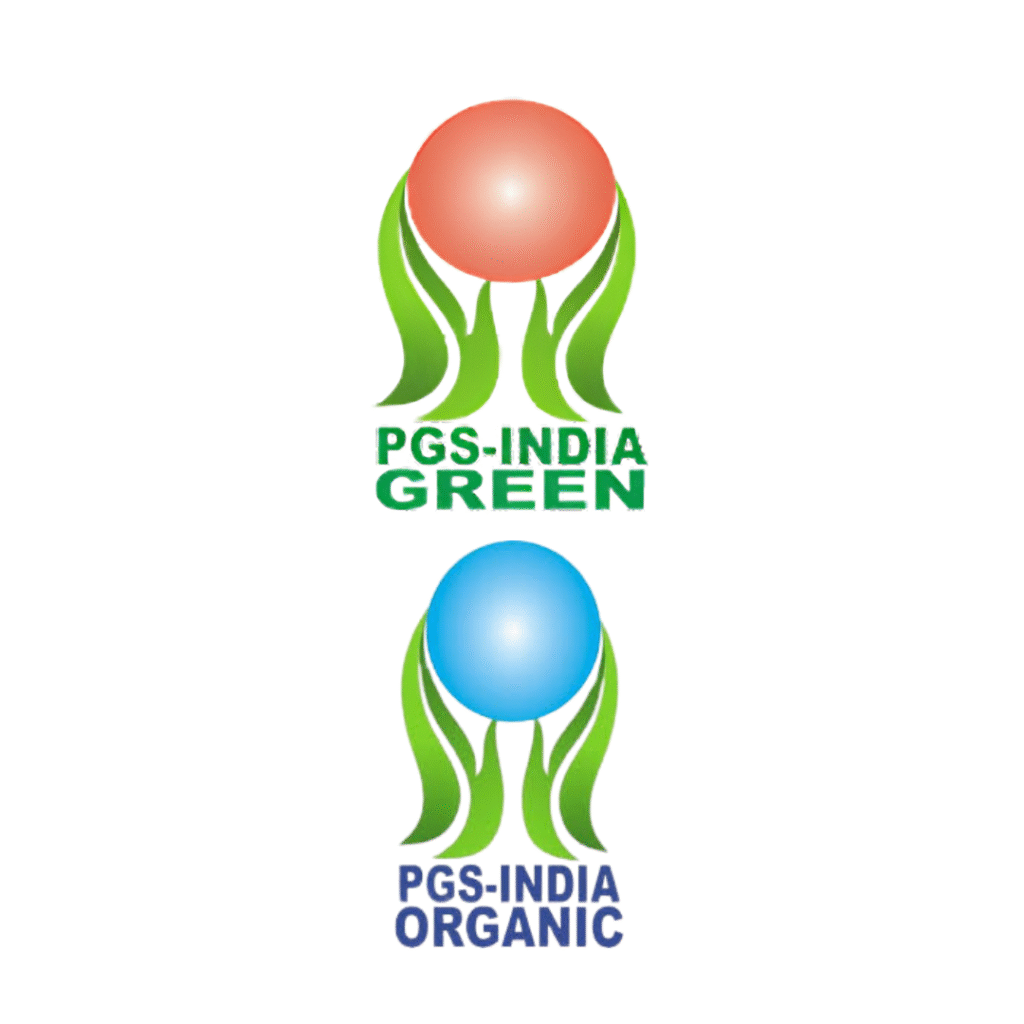
-PGS-India :
PGS-India issued two distinct logos to indicate the status of Organic Farming.
1. PGS-India Green Logo :
This logo indicates that the organic farming is currently in the conversion period, or that the product is from those fields that are going through the conversion to organic fields.
2. PGS-India Organic Logo :
This logo indicates the complete organic farming status, meaning the conversion period has been completed.

-Jaivik Bharat :
This Logo is approved by FSSAI(Food Safety and Standards Authority of India) for the verified Organic Products.
Imported Products might carry:
-USDA Organic(USA)
-EU Organic Certification
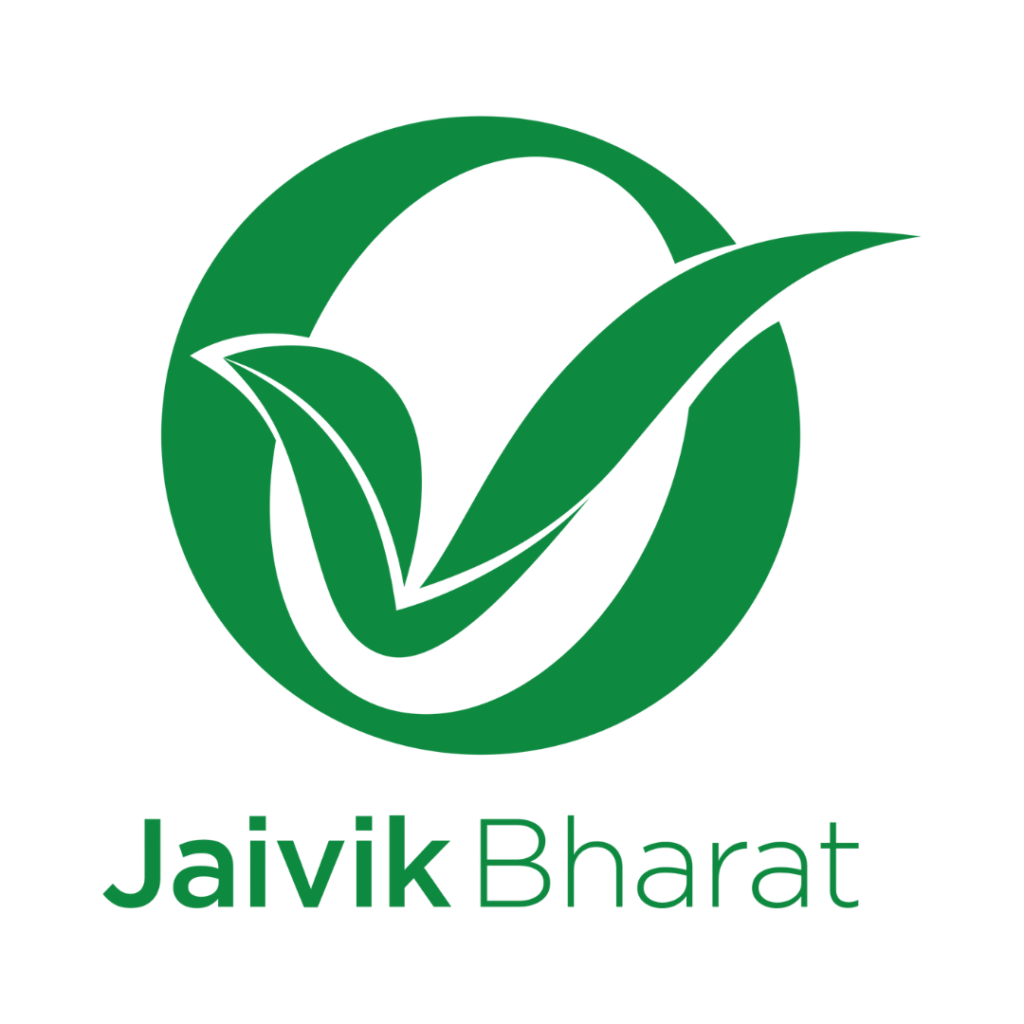
-Jaivik Bharat :
This Logo is approved by FSSAI(Food Safety and Standards Authority of India) for the verified Organic Products.
Imported Products might carry:
-USDA Organic(USA)
-EU Organic Certification

2. Read the Ingredient list carefully
Before buying, take a moment to turn the packet around and read. A really organic Product will:
List 100% Organic Ingredients, or clearly mention “made with 95% Organic Ingredients”
Avoid stabilizers, additives, colour, preservatives, and synthetic flavors.
Use simple Terms that are easy to understand.
Be cautious of products that contain long names, such as “E numbers,” which are essentially the chemical names of artificial additives not permitted in certified organic food.
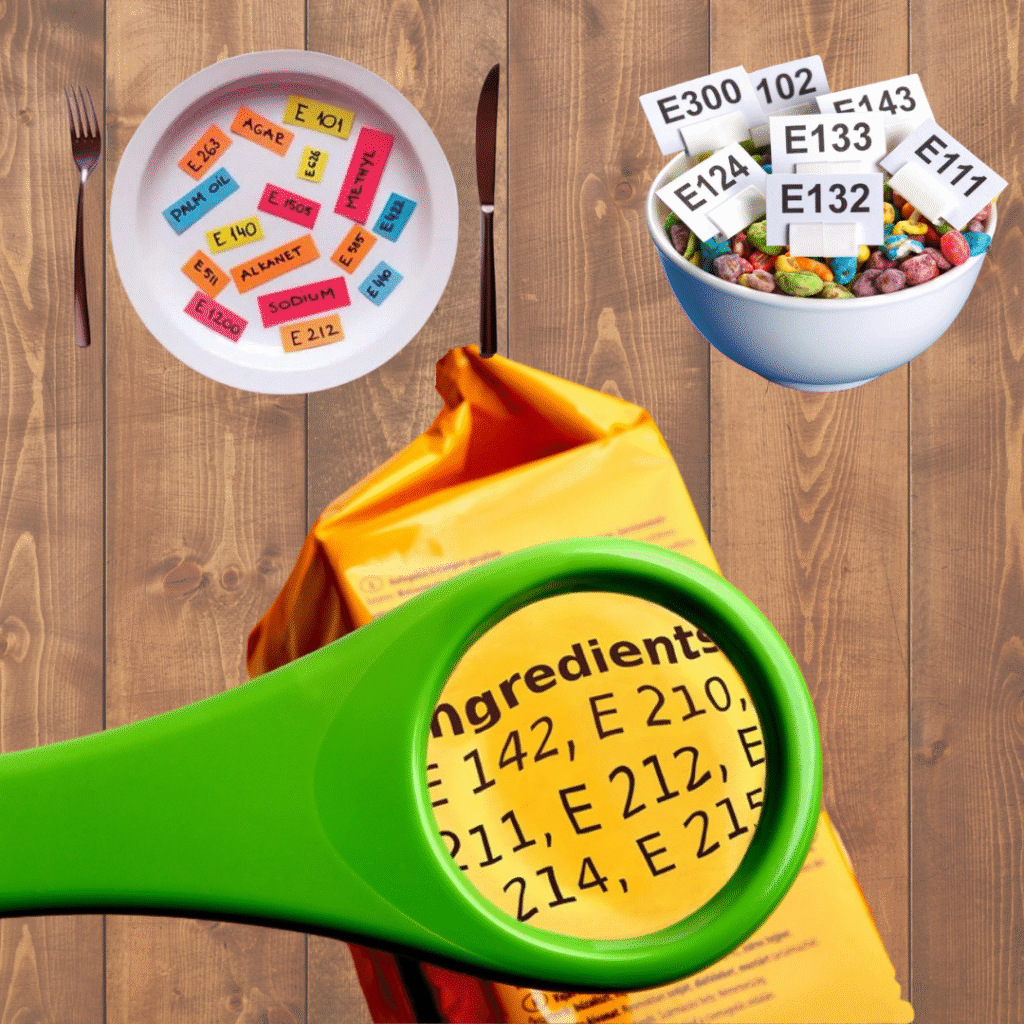
Read:
What are E Numbers?
Are E numbers really organic ?
How are they made?
What do they do to your body?
Why are these chemicals mixed in your food?
Read briefly about the E Numbers on our Blog
[What are E Numbers?]

Read:
What are E Numbers?
Are E numbers really organic ?
How are they made?
What do they do to your body?
Why are these chemicals mixed in your food?
Read briefly about the E Numbers on our Blog
[What are E Numbers?]

Read:
What are E Numbers?
Are E numbers really organic ?
How are they made?
What do they do to your body?
Why are these chemicals mixed in your food?
Read briefly about the E Numbers on our Blog
[What are E Numbers?]
3. Know about the Source – Transparency Matters
The real organic brands and farmers are proud of their fields, crops, cultivations, and practices. So if a product is genuinely organic, the seller of that product should be able to answer certain things:
Who grew the food?
Where was it cultivated?
When was it cultivated?
What kind of farming method was used?
Real Organic products will provide you with all the answers related to the product’s quality, cultivation, ingredients, and lifespan. If the seller hesitates to give answers or gives vague answers, consider it a red flag. How to check if a food product is really organic? If you are paying for the product, never hesitate to ask the seller any questions about it. You must know what is really mixed in your food, or what you are eating.

Who grew the food?
Where was it cultivated?
When was it cultivated?
What kind of farming method was used?
Real Organic products will provide you with all the answers related to the product’s quality, cultivation, ingredients, and lifespan. If the seller hesitates to give answers or gives vague answers, consider it a red flag. How to check if a food product is really organic? If you are paying for the product, never hesitate to ask the seller any questions about it. You must know what is really mixed in your food, or what you are eating.

Who grew the food?
Where was it cultivated?
When was it cultivated?
What kind of farming method was used?
Real Organic products will provide you with all the answers related to the product’s quality, cultivation, ingredients, and lifespan. If the seller hesitates to give answers or gives vague answers, consider it a red flag. How to check if a food product is really organic? If you are paying for that product, then never hesitate to ask anything about the product from the seller. You must know what is really mixed in your food, or what you are eating.

4. Observe the look, feel, and Smell (For fresh Produce)
One of the best ways How to check if a food product is really organic? is by observing the packet, using your senses, not just the physical appearance matters, the smell of purity, the feel of a pure product matters too
Smell: Organic products or any Organic produce have a richer, earthier aroma. Not just a good smell, but also everything earthier aroma is very important for such food products.
Appearance: The appearance of the product or the packet – they may look less attractive, or less glowing, sometimes smaller, with small blemishes. That’s a good thing! It shows that no chemicals have been used while packing the food.
Taste: Food can’t be tasted in the store, but you can taste it once. If it tastes natural and less flavoured, then only use it next time. Generally, for improving the flavours, many additives and preservatives are added, which improve the taste. but kills the earthy natural taste. and are harmful to your health, too.
At Satvikroots, we believe in giving the really organic and pure form of products to the customers. We can compromise with the profit but not with your Health.
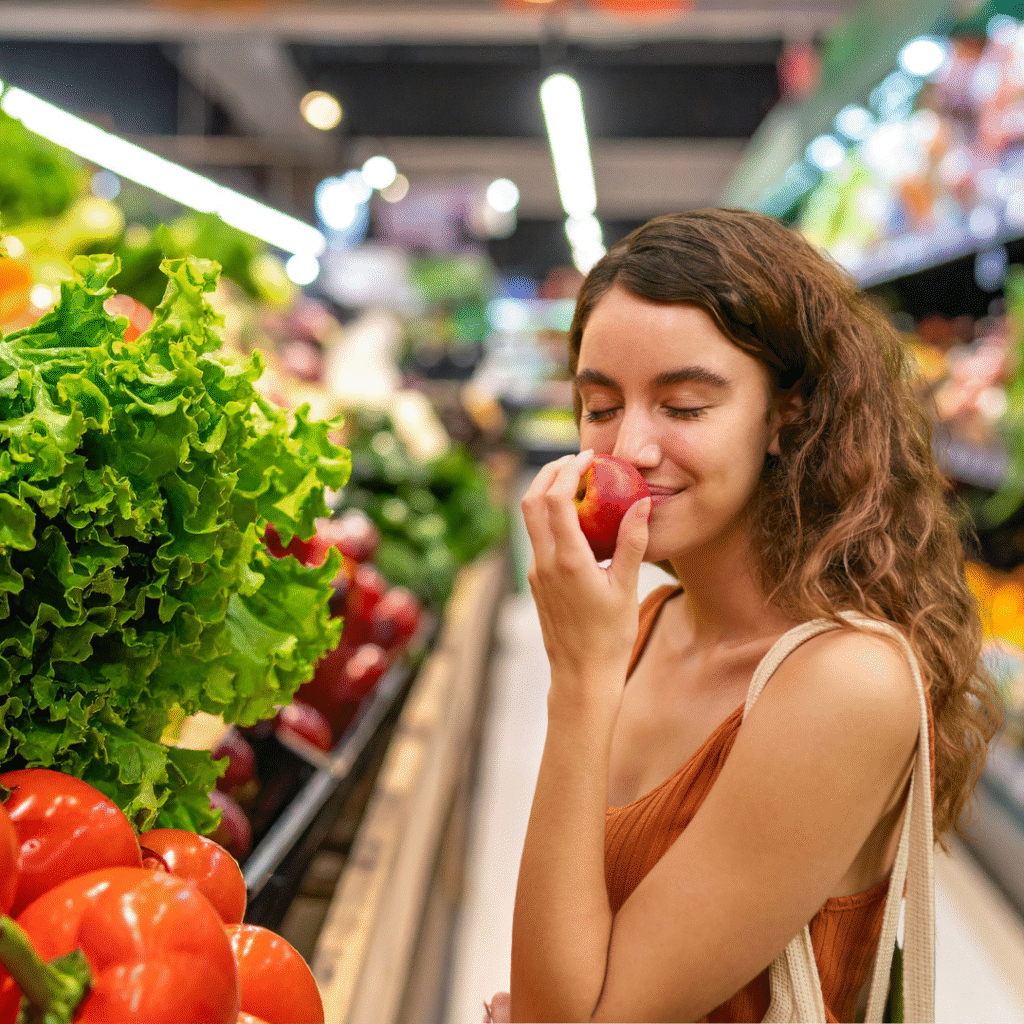
Appearance: The appearance of the product or the packet – they may look less attractive, or less glowing, sometimes smaller, with small blemishes. That’s a good thing! It shows that no chemicals have been used while packing the food.
Taste: Food can’t be tasted in the store, but you can taste it once. If it tastes natural and less flavoured, then only use it next time. Generally, for improving the flavours, many additives and preservatives are added, which improve the taste. but kills the earthy natural taste. and are harmful to your health, too.
At Satvikroots, we believe in giving the really organic and pure form of products to the customers. We can compromise with the profit but not with your Health.

Appearance: The appearance of the product or the packet – they may look less attractive, or less glowing, sometimes smaller, with small blemishes. That’s a good thing! It shows that no chemicals have been used while packing the food.
Taste: Food can’t be tasted in the store, but you can taste it once. If it tastes natural and less flavoured, then only use it next time. Generally, for improving the flavours, many additives and preservatives are added, which improve the taste. but kills the earthy natural taste. and are harmful to your health, too.
At Satvikroots, we believe in giving the really organic and pure form of products to the customers. We can compromise with the profit but not with your Health.

5. Ask for the lab reports (If buying in bulk)
For Bulk Buyers, Wholesale Shopkeepers, Large Scale Businessmen, it’s wise to ask for:
1. Pesticide Residue Test Reports:
This report details the results of food samples that had been analysed based on pesticide residues in them.
2. Soil Health Certificates:
This is a printed report that provides information about the nutrient status of the soil and about the 12 key parameters.
3. Batch-wise Lab Reports:
These reports are used to manage and track items, particularly for the products that have a limited shelf life.
6. Choose the right place to buy from
Checking the organic authenticity is good, but you should also be aware of buying from places that will benefit you and your family. Buy from platforms and shops that specialize in organic products. Some tips to so are:
1. Shop from certified organic brands only.
2. Visit your area’s local farmers’ market that is governed and run by the government and has certification systems.
3. Online platforms like Sansu Spices aim to bring authentic, chemical-free options directly from nature to your home.
In a world full of shiny, attractive labels, we must understand our traditional wisdom – knowing what we eat, where it comes from, and how it is grown.
Organic is not just any label; it’s a way of life. Being an organic user means respect towards Mother Earth, supporting the farmers, healing your body, and a big respect towards our ancestors, who were totally dependent on the natural food. So next time when you go to purchase any product, take a minute to turn the product, read the label, ask your questions, and trust your senses.
